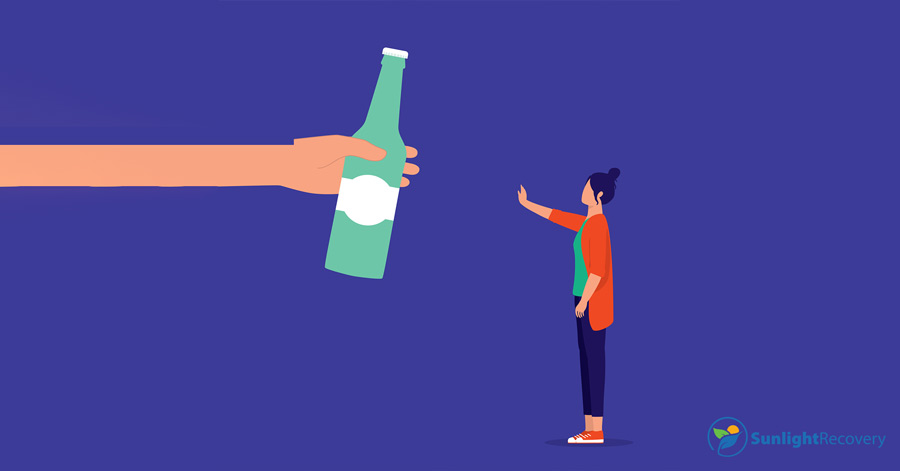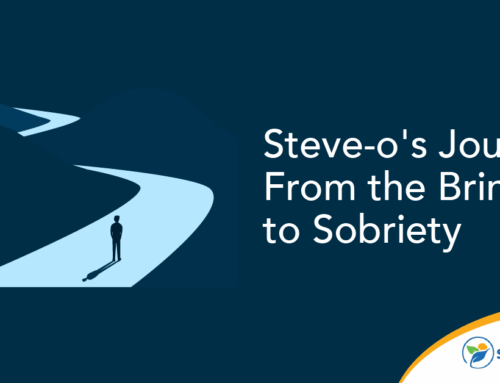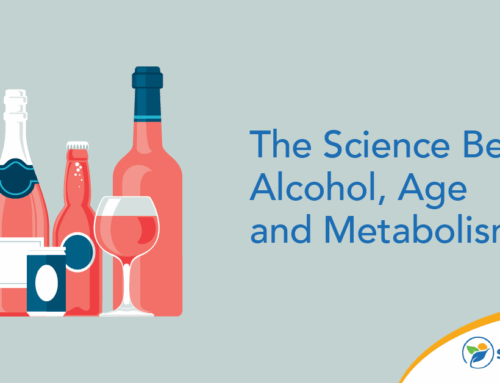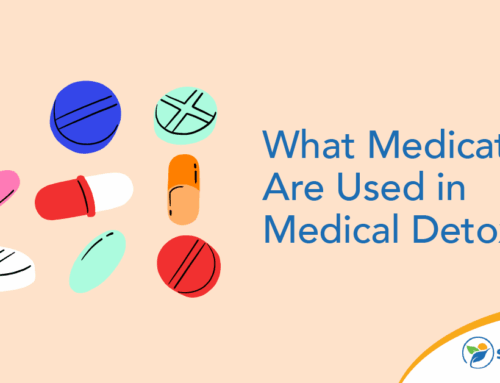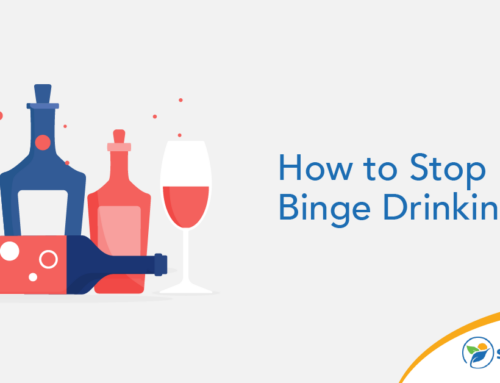Every parent and caretaker wants what’s best for their child. You want your child to make intelligent, responsible choices so they can grow up to live a healthy, happy life. And if you notice your child starting to make irresponsible or dangerous choices, you naturally want to intervene and help. One of the most common problems teenagers face is the pressure to drink. Drinking at a young age is very dangerous and can increase the risk of developing a drinking problem, health problems and other complications. If you’re worried about your teen’s drinking and don’t know how to approach them, consider using the 5 A’s of teen alcohol use method.
Teen Drinking
Alcohol is a substance that’s legally only meant to be sold to and drunk by adults. In the United States, you must be at least 21 years of age to drink alcohol. Still, young teenagers like the idea of alcohol and often get their hands on it while socializing together. Teenagers may start to drink because of peer pressure, stress or a growing desire for and dependence on alcohol.
A 2021 National Survey on Drug Use and Health found that 15% of people between 12 and 20 reported current alcohol consumption.
Issues With Early Drinking
Teen drinking might be common, but that doesn’t mean it’s safe. According to the CDC, young people who drink are at a higher risk for many problems, including:
- Issues at school (poor academic performance, absences, expulsion, etc.)
- Social problems (fights, befriending “bad influence” friends, etc.)
- Legal problems (drinking and driving, underage drinking and public intoxication)
- Increased sexual activity (and risk of unwanted pregnancy, sexually transmitted diseases and sexual violence)
- Alcohol poisoning
- Memory problems
- Alcohol addiction
- The misuse of other substances, such as illegal drugs or prescription medication
- Changes in brain development that can have permanent effects
- Suicide
Notably, there’s a high correlation between individuals who start drinking early in life and those who develop an alcohol use disorder later on as adults.
Teen Alcohol Use Signs
Teen drinking is preventable. Parents need to know what the warning signs are so they can intervene and help their children. Some of the warning signs of teen drinking are:
- Extreme changes in mood, including increased anger and irritability
- Problems at school (behavioral and academic)
- Slurred speech and stumbling
- The smell of alcohol on their breath
- Finding alcohol hidden away
- Missing alcohol from the house
- A change to new friends who seem more rebellious
- Low energy and sleeping in
- Dropping activities and hobbies
- Difficulty remembering things
The 5 A’s of Teen Alcohol Use
If you’ve noticed some of the above warning signs and are relatively confident your teenager is drinking, it’s time to step in. Remember that the longer you wait to act, the more likely the problem will intensify. Early intervention is critical whenever possible.
As a parent or caretaker, you may be worried about how to approach your teen about this issue. You know this will be a difficult conversation, and you don’t want to push them away. One proven approach to addressing teen alcohol use is to use the 5 A’s.
The 5 A’s are a model for intervention for teen alcohol use: ask, advise, assess, assist and arrange. Let’s take a look at each of these stages.
1. Ask
The first stage is to sit down and talk to your teenager about their drinking. You need to ask them if they’re drinking and feel they have a problem. If they deny anything, you must mention why you suspect they’re drinking. Know that bringing up proof here isn’t to make them feel confronted or “caught.” This conversation isn’t meant to be confrontational. Instead, you only bring up “proof” so they can’t deny their drinking and you can move forward to the next stage of the process.
While you may be very worried for your teenager, try not to be angry or judgmental when approaching them about their drinking. Tell them you’re asking because you’re worried and want to help.
2. Advise
The advise stage is relatively straightforward — you must urge your teenager to stop drinking and get help. This might be when you share why you’re worried about them. You might point out that they’ve lost touch with their friends, are having difficulties at school or seem less happy. All of this shows them that their drinking negatively impacts their life in a very noticeable way.
3. Assess
At this point in the conversation, you should have an easy time assessing whether they’re willing to accept help or not. If they’ve been defensive, yelling and dismissive up to this point, they’re not in a place where they’re ready to hear from you about professional help. If this is the case for you, it might be worth pausing at this step and getting professional help setting up an intervention.
On the other hand, if your teenager has been open and calm and listens to you, there’s a high chance they’ll accept your help.
4. Assist
Now that you’ve assessed and feel they’re ready to receive guidance, offer your teenager a few options. Ideally, they’ll accept professional rehabilitation help. You can explain to them that there are many types of programs (inpatient, group therapy and more), and they can pick the option that feels right to them.
5. Arrange
Once your teenager has accepted the offer for help and chosen the type of program, you can take on the responsibility of organizing everything. You’ll want to act quickly before they change their mind. Contact the rehab facility right after the conversation and arrange the next steps. If your teenager will be missing school while they focus on their recovery, you’ll need to notify their teachers.
Don’t Ignore Your Teenager’s Drinking
Teenagers can be intimidating and difficult to talk to, but you can’t ignore a problem like underage drinking. If your teenager has picked up a habit of frequent drinking, it can lead to many problems. Try to implement the 5 A’s and speak to your teenager as soon as possible so you can get them back to living a happy, sober life.
Sunlight Recovery Offers Alcohol Abuse Programs
Whether your teenager wants to enroll in individual therapy, residential therapy or something else, we’ve got the rehab program they need. Our highly trained and experienced medical professionals know how to help individuals through their alcohol recovery journey. You and your family don’t have to do this alone. Contact Sunlight Recovery to see how we can help your teenager today.


